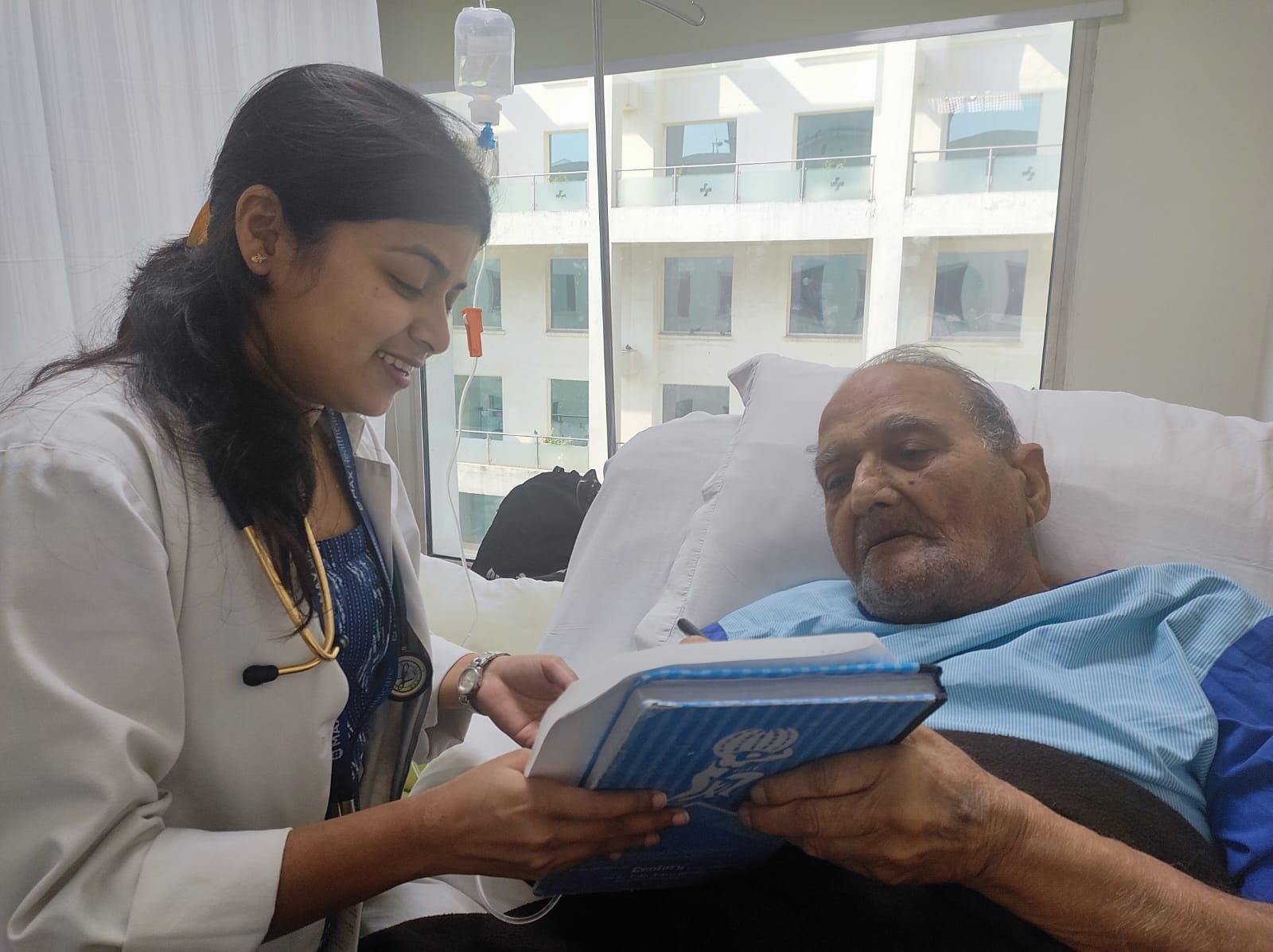Civil Society in India: Strengthening Democracy and Human Dignity

- 02 Sep 2025
Introduction
Civil Society Organizations (CSOs) form the third pillar of democracy beyond the state and market, playing a crucial role in mobilizing communities, protecting rights, and addressing gaps in governance. From social reform movements of the 19th century to present-day advocacy for rights, CSOs have evolved into indispensable actors shaping India’s democratic landscape.
Evolution of Civil Society in India
- Ancient–Medieval roots: Guided by concepts of dharma, daan, and karma, religious and social movements emphasized community service.
- Pre-independence era: Organizations like Brahmo Samaj (1828), Theosophical Society (1879), and Ramakrishna Mission (1897) linked voluntary action with reform. Gandhiji’s philosophy of constructive work and self-reliance inspired mass mobilization.
- Post-independence: The First Five-Year Plan (1951–56) recognized voluntary action in development. The Panchayati Raj system deepened community participation. During the 1965–67 droughts, foreign aid through NGOs strengthened India’s civil society base.
- Contemporary era: CSOs shifted from welfare delivery to a rights-based approach, visible in the Chipko (1973) and Narmada Bachao (1985) movements, and campaigns for RTI, MGNREGA, RTE, and food security.
Today, India has around 1.5 million NGOs engaging over 19 million volunteers, though most remain small and resource-constrained.
Role of Civil Society in a Democracy
- Accountability and Transparency: Groups like Mazdoor Kisan Shakti Sangathan spearheaded the RTI Act (2005), strengthening citizen oversight. CSOs monitor elections, detect fraud, and counter corruption.
- Citizen Empowerment: They spread awareness of laws and rights, enabling participation of marginalized groups. For instance, Jagori and Swayam advanced women’s rights, while SEWA empowered informal sector workers.
- Social Justice and Inclusion: CSOs amplify voices of women, Dalits, Adivasis, and persons with disabilities. The Rights of Persons with Disabilities Act (2016) was shaped through sustained advocacy.
- Service Delivery and Humanitarian Work: During COVID-19, organizations like Goonj launched relief programmes. In healthcare, civil society has been pivotal in palliative care, advocating for dignity of terminally ill patients by mobilising volunteers, spreading awareness, and supplementing public health gaps.
- Leadership and Political Socialization: CSOs nurture grassroots leadership, especially among women in Panchayati Raj Institutions, challenging entrenched hierarchies.
- Global Governance: Indian CSOs engage with international human rights, climate change, and sustainable development discourses, influencing domestic reforms.
Challenges Facing Civil Society
- Regulatory hurdles: The FCRA (2010) and its 2020 amendment have restricted foreign funding, reducing financial independence.
- Funding constraints: Overdependence on international donors and weak domestic philanthropy limit sustainability.
- Internal undemocracy: Lack of transparency and inclusive decision-making undermines credibility.
- State–CSO friction: Governments often view rights-based activism as adversarial, creating tensions.
- Representation gaps: Elite capture and urban bias may sideline grassroots voices.
- Volunteer retention and professionalism remain persistent challenges.
Way Forward
- Enhancing transparency: Mandatory impact audits and a national CSO database can strengthen trust.
- Institutionalized consultation: Formal representation of CSOs in policy committees ensures evidence-based policymaking.
- Diversified funding: Domestic philanthropy, CSR initiatives, and social impact investing must be promoted.
- Simplified regulation: A single-window digital compliance system for registrations and reporting can reduce bureaucratic friction.
- Boosting volunteerism: Integrating service into school and university curricula can create a culture of civic participation.
Conclusion
Civil society in India has evolved from religious charity to rights-based activism, standing as a bridge between state and society. From advocating landmark legislations like RTI to ensuring the dignity of palliative care patients, CSOs embody participatory democracy in action. Strengthening their autonomy, inclusivity, and accountability is essential for a resilient, equitable, and responsive democracy.
